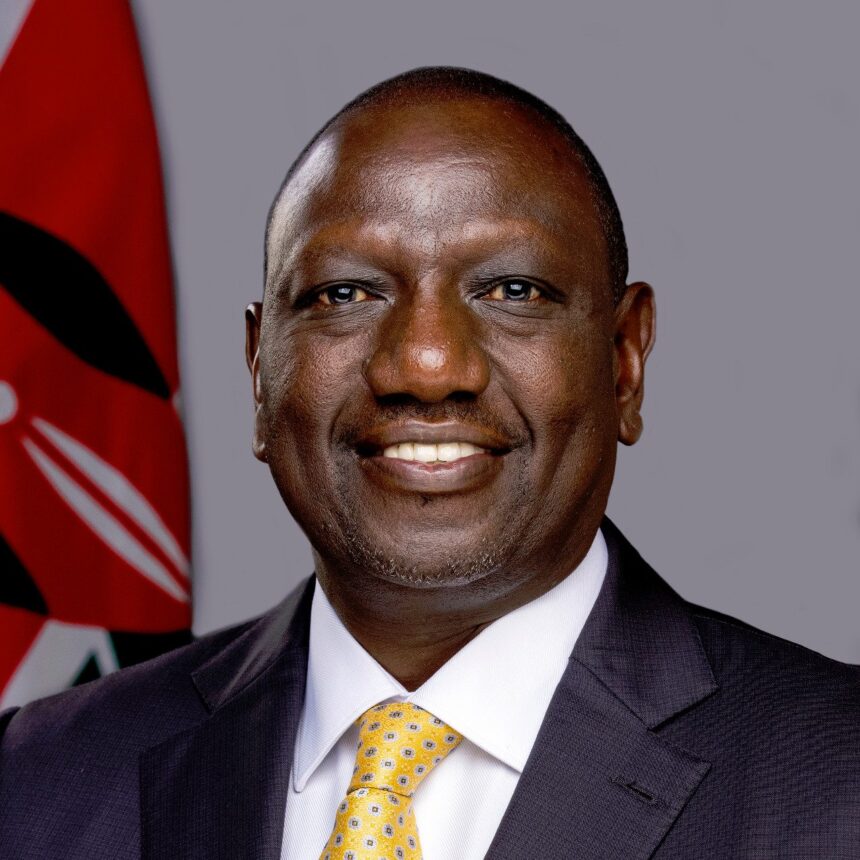In Kenya, music has always played a vital role in shaping political narratives. Over the years, songs have become more than entertainment—they are tools of influence, inspiration, and solidarity during election campaigns. From the iconic Unbwogable by Gidi Gidi and Maji Maji, which buoyed Mwai Kibaki to the presidency, to the infectious Sipangwingwi by Exray, music has continually proved its political potency.
President William Ruto’s choice of Sipangwingwi during his 2022 presidential campaign was a bold and calculated move. The song, whose title loosely translates to “Don’t plan my life,” was a defiant anthem against naysayers and detractors. In a surprising twist, Ruto not only adopted the song as his campaign anthem but collaborated with Exray on a remix that went viral. This partnership reportedly earned the artist over KSh 1 million, highlighting the song’s cultural and political significance.
Ruto’s Changing Tune on Sipangwingwi
However, just two years later, Ruto’s stance on the song has dramatically shifted. Speaking at a National Defence University graduation ceremony on November 22, 2024, the president questioned the song’s moral implications. Referring to its lyrics, such as “Maisha ni yangu, shughulika na yako” (It’s my life, mind your business), Ruto expressed concern over its potential to erode societal values.
“You now hear of maisha ni yangu, shughulika na yako. Where does that leave family, society, community, religion, tradition, and culture?” he asked. His comments sparked a wave of reactions from Kenyans, many of whom accused him of hypocrisy.
Social media users were quick to point out the irony. Comments like “He can’t eat his cake and still have it” and “So he changed tune after winning the campaign?” reflected the public’s disapproval. For some, Ruto’s critique of the very song that fueled his rise to power felt like an “own goal.”
Mourning a Cultural Contributor
Despite the controversy, Ruto has also shown moments of respect for those involved in creating Sipangwingwi. In September 2023, he mourned the passing of Byron Muhando, the song’s producer. Ruto praised Muhando’s talent and calm demeanor, acknowledging his contribution to Kenyan music and politics.
A Reflection on Campaign Music
Ruto’s evolving relationship with Sipangwingwi underscores the complex role of music in political campaigns. While such songs can rally support and inspire loyalty, they also raise questions about long-term societal impact. For a president, balancing campaign rhetoric with governance ideals can be a tricky tightrope to walk.
As Kenyans reflect on this chapter, the Sipangwingwi saga serves as a reminder of how art and politics intertwine—often with unintended consequences. For now, it remains to be seen whether Ruto’s critique will influence future campaign strategies or how Kenyans will judge his legacy in light of such contradictions.














